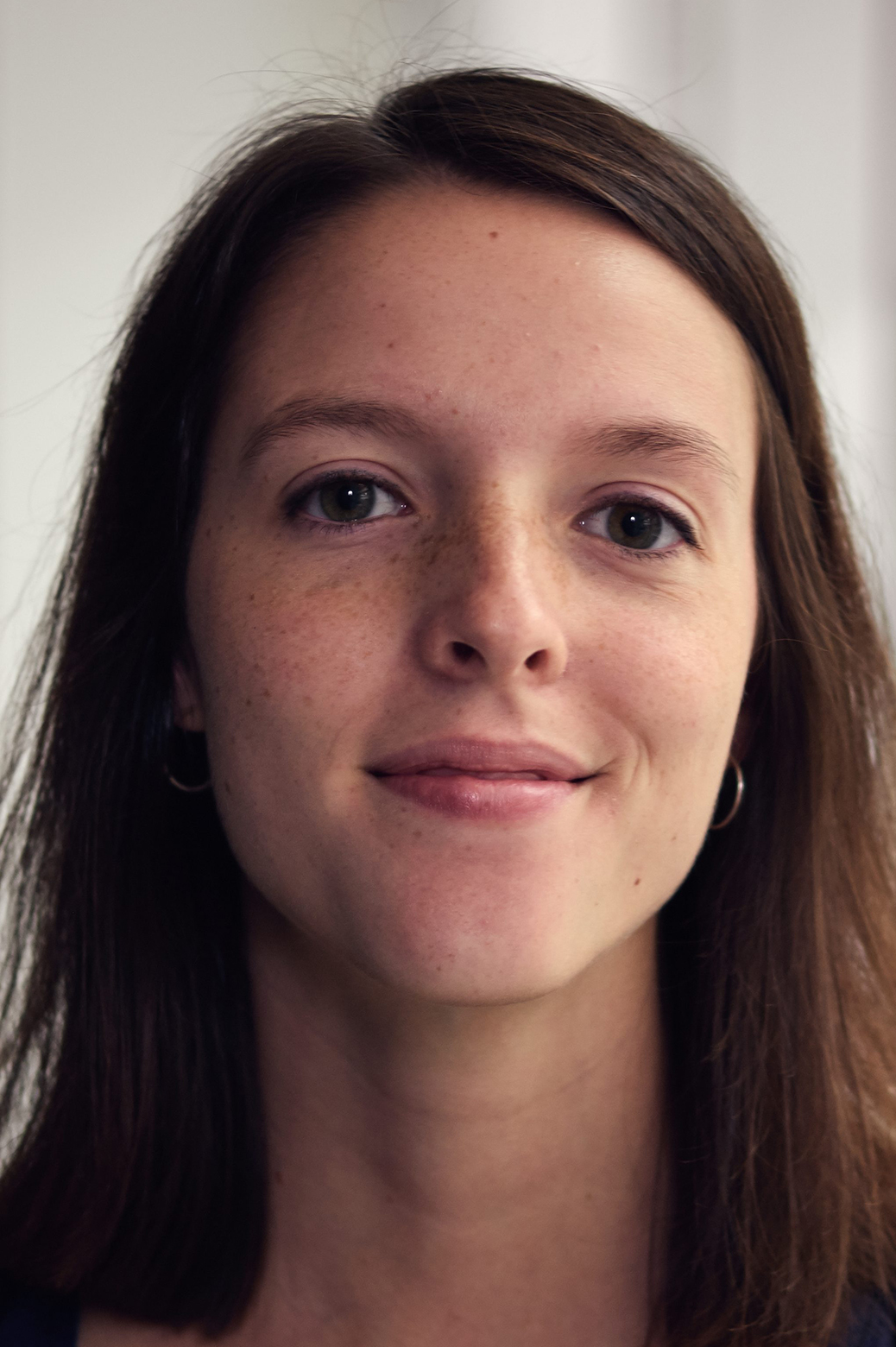Facebook Fellowship for research on web privacy, security, and censorship
McDonald works to develop better privacy and security tools for marginalized communities

 Enlarge
Enlarge
Allison McDonald, a third-year PhD student in CSE, has received a 2019 Facebook Fellowship. In addition to tuition and financial support, Fellowship recipients receive conference travel support and a paid visit to Facebook headquarters for the annual Fellowship Summit. The award recognizes promising doctoral students engaged in innovative and relevant research.
McDonald works with Prof. J. Alex Halderman and Prof. Florian Schaub from the School of Information to develop better privacy and security tools for marginalized communities. In particular, her work has focused on making these tools more useable and accessible in order to make online safety easier for the most vulnerable populations. Her other work has been on identifying different censorship techniques used by companies and governments.
McDonald’s recent research is focused on tracking a practice known as “geoblocking.” Her paper with Prof. Roya Ensafi presented the first wide-scale measurement study of server-side geographic restrictions, a phenomenon in which websites block access for users in particular countries or regions. Many websites practice geoblocking to comply with international regulations, local legal requirements, or licensing restrictions, as well as to enforce market segmentation or prevent abuse. Some websites even do so simply to reduce unwanted traffic.
“Users from certain countries can’t visit certain websites,” McDonald wrote in a recent report on the issue in The Conversation, “not because their governments say so, or because their employers want them to focus on work, but because a corporation halfway around the world has made a decision to deny them access.”
The authors found that geoblocking is rapidly becoming more prevalent, adding all the more urgency to their continued work of highlighting the practice’s negative impact. In the best case, their efforts will sway other CDNs and cloud providers to limit access to the tools and encourage a more open, inclusive internet.
“We found that the internet does indeed look very different depending on where you’re connecting from,” she continued. “Users in countries under U.S. sanctions – Iran, Syria, Sudan and Cuba – had access to significantly fewer websites than in other countries.”
Working with Schaub, McDonald contributed to a paper detailing the online security threats faced by undocumented immigrants in the US and the ways they can safeguard against them. The study’s results pinpoint possible ways to mitigate the online privacy issues for this population, including the improvement of online security resources and their availability in Spanish. In addition, the authors recommended more research to help find ways to hide information on demand, and plausible deniability. Research on increasing awareness and accurate understanding of information flows would also benefit the immigrants – and all Internet users. McDonald’s ongoing work is focused on finding and reducing the barriers for digital privacy and security for at-risk users.

 MENU
MENU 
